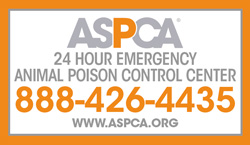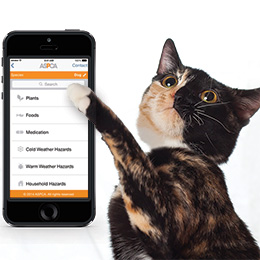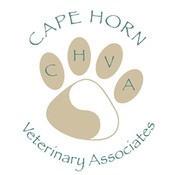POISON PREVENTION

Your home may not seem like an accident waiting to happen, but to a curious pet, dangers can be lurking around every corner. The 10 tips below are provided to alert you to common household dangers to pets, and how to avoid them.
Adapted from the American Animal Hospital Association
You can find more information on poison-proofing your home on the Pets Matter blog by the American Animal Hospital Association. |
The ASPCA Animal Poison Control Center (APCC) free mobile app provides a wealth of knowledge in the palm of your hand, quick access to potentially life-saving information, and their hotline 24/7/365.
|

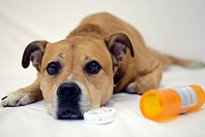
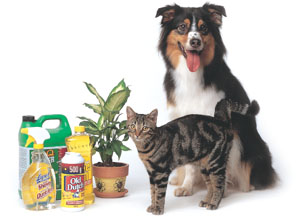
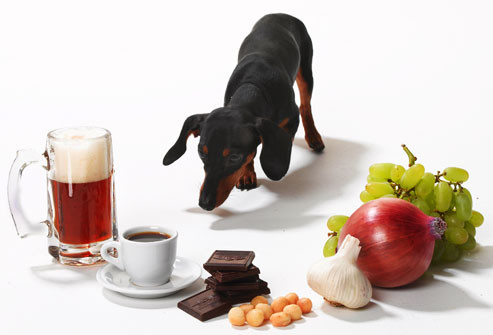
 Provided by Nationwide pet insurance
Provided by Nationwide pet insurance 